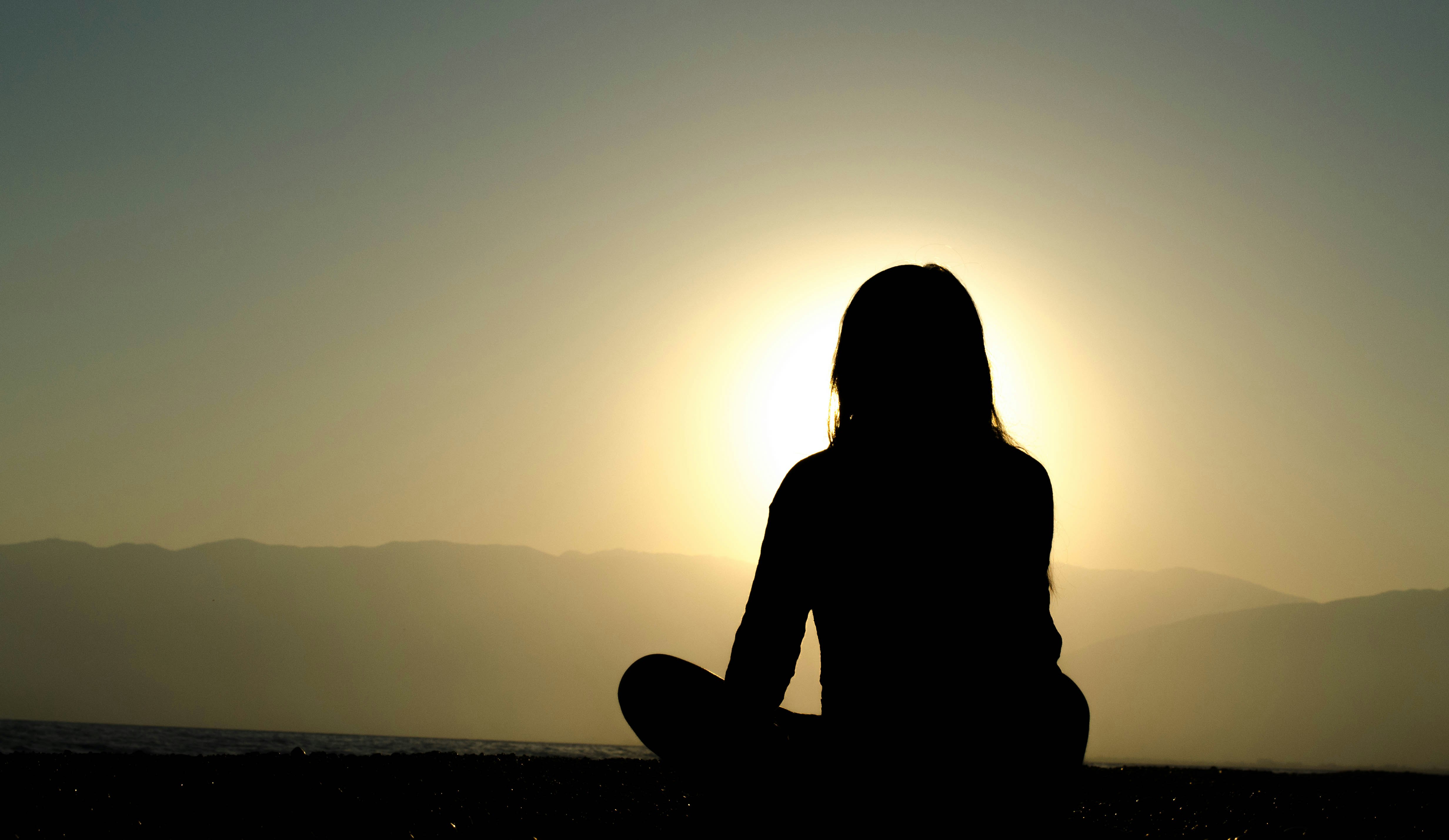Understanding Anxiety and Its Impact
Anxiety is a natural response to stress and can affect anyone at any age. It often manifests as persistent worry, fear, or tension, impacting daily functioning and overall well-being. In today's fast-paced world, anxiety disorders have become increasingly common, making it essential for individuals to seek effective strategies for management. Understanding the root causes and symptoms of anxiety is the first step in finding suitable coping mechanisms.
What is Mindfulness?
Mindfulness is the practice of being fully present and engaged in the moment without judgment. It involves paying attention to thoughts, feelings, bodily sensations, and the surrounding environment. Originating from Buddhist meditation practices, mindfulness has gained traction in the psychological community as a powerful tool for reducing anxiety and enhancing emotional regulation. By fostering a non-judgmental awareness, mindfulness helps individuals approach their thoughts and feelings with greater tolerance and acceptance.

Benefits of Mindfulness in Managing Anxiety
Practicing mindfulness can greatly alleviate anxiety symptoms. Research has shown that mindfulness-based techniques can reduce rumination, improve mood, and enhance emotional resilience. By focusing on the present, individuals learn to step back from their anxious thoughts, decreasing feelings of overwhelm and panic. Mindfulness cultivates a sense of calm and clarity, empowering individuals to respond to stressors more effectively.
Relaxation Techniques: Finding Your Calm
Relaxation techniques are vital in managing anxiety, as they help to counteract the physiological responses associated with stress. Deep breathing, progressive muscle relaxation, and visualization are just a few methods that can promote relaxation. By incorporating these practices into daily routines, individuals can create a resilient buffer against anxiety, allowing for greater emotional regulation.
Healthy Coping Skills to Incorporate
Developing healthy coping skills is crucial for effectively managing anxiety. Instead of resorting to unhealthy habits such as avoidance or substance use, individuals can learn to employ constructive coping mechanisms. Examples include physical exercise, creative expression, social support, and journaling. These activities foster emotional processing and provide an outlet for stress, promoting long-term mental wellness.
Creating a Personalized Mindfulness Routine
To effectively integrate mindfulness into daily life, it is beneficial to create a personalized routine. This can include setting aside a specific time each day for mindfulness practice, such as meditation or mindful walking. Accountability is key; consider partnering with a friend for regular practice or joining a mindfulness group. Incorporating mindfulness into routine activities, like eating or commuting, can also enhance the practice.
When to Seek Professional Help
While mindfulness and relaxation techniques can significantly aid in managing anxiety, it’s essential to recognize when professional support is necessary. If anxiety symptoms are considerably impairing daily functioning or causing distress, reaching out to a mental health professional can provide additional resources and treatment options. Therapists can offer personalized strategies and interventions tailored to individual needs.

Photo By sippakorn yamkasikorn on Unsplash
Conclusion: Embracing Mindfulness and Relaxation
Incorporating mindfulness and relaxation techniques into daily life is a powerful approach to managing anxiety. These practices, along with healthy coping skills, can foster resilience and improve overall mental health. By prioritizing self-care and being mindful of one’s thoughts and feelings, individuals can cultivate a more balanced and fulfilling life.

Photo By Shawn Spainhour on Unsplash




